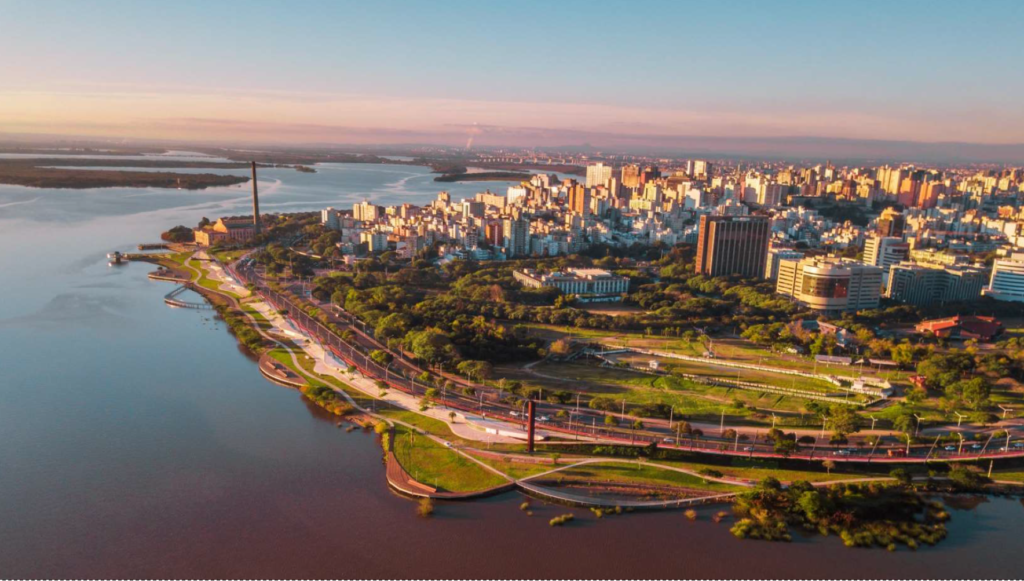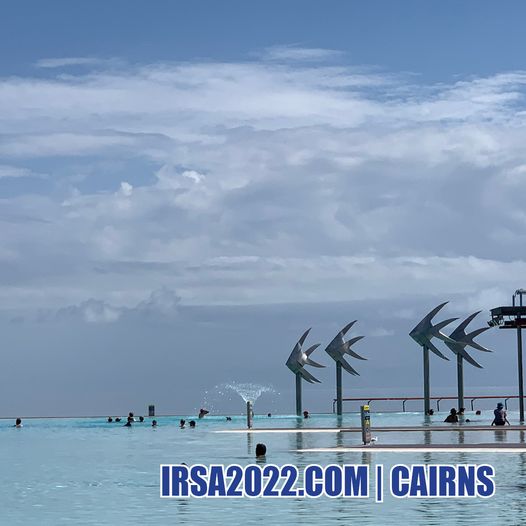The 86th Annual Meeting of the Rural Sociological Society will be held in Madison, Wisconsin, USA at the Madison Concourse Hotel July 24-28, 2024. The meeting will explore the theme of Reconceptualizing Rurality: Toward a More Diverse and Inclusive Understanding. More information is available on the conference website.
Category Archives: Conferences
7th ARSA International Conference
The Asian Rural Sociology Association will hold the 7th international conference on 7th to 9th September 2024, at Ryukoku University in Kyoto, Japan. The theme of the conference is Recasting Peasantries for a Sustainable Future in Rural Asia: Multiple Trajectories of Modernization. More information is available on the https://arsa2024.wordpress.com/
ESA RN38 Mid-term conference: Sustainability, Places and Social Justice: Enabling Well-being in Rural Areas across Europe
The research network “Space, Society and Rurality” invites to its mid-term conference on 15 and 16 February 2024, at the Public University of Navarra, in Pamplona, Spain. Paper contributions are welcomed, with abstract submission deadline 15th December 2023. Look at the conference website for more information.
AFRN Conference abstract submission deadline extended
The abstract submission deadline for the 2023 Agri-Food Research Network Conference has been extended to 30 June 2023. See https://afrn.co/ for more information.
Call for Papers: Australasian Agri-Food Research Network Conference 2023
The Agri-Food Research Network invites researchers to submit their papers for consideration for the AGRN conference of 2023. The conference is hosted by the University of Tasmania and is scheduled for December 4-7 2023. The deadline for session proposals and abstracts is June 1st 2023. Please see https://afrn.co/agrifood-conference/afrn-conference-2023/call-for-papers-afrn-conference-2023/ for further details.

The XVI World Congress of Rural Sociology
The International Rural Sociology Association is pleased to announce that the XVI World Congress of Rural Sociology will be held in Porto Alegre, Brazil, in July 2026. The Federal University of Rio Grande do Sul be hosting the event in collaboration with the Asociación Latinoamericana de Socioloogía Rural (ALASRU). More details will be announced later.

The IRSA 2022 XV World Congress of Rural Sociology
Call for abstracts

The XV World Congress of Rural Sociology has been postponed from 8-12 July 2020 to 19-22 July 2022. The Congress welcomes abstract submissions, with deadline September 30 2021. Submit your abstract through the congress website.
Statement on the 2021 XV World Congress of Rural Sociology
As previously announced, the IRSA Council recently decided unanimously to postpone the XV World Congress in Cairns due to COVID-19. The XV World Congress is now scheduled for July 6th through the 10th of 2021 in Cairns, Australia. The venue remains the Pullman Cairns International Hotel.
We will maintain the basic program framework that was originally developed. All sessions and abstracts accepted for IRSA 2020 will be transferred to the provisional program for IRSA 2021. However, spaces will be available for additional oral presentations. We anticipate that the Congress organizers will be able to welcome new abstract submissions beginning June 30th.
We ask those who want to attend the Congress as a presenter to visit the Congress website at https://www.irsa2021.com/.
The Congress website provides new time-lines for registration for those who have not registered yet and other important information such as for entry visas and ETAS, accommodations, and so on.
The spread of COVID-19 has highlighted various problems, which are hidden behind conventional socio-economic systems. As for agriculture and rural society, challenges such as vulnerability of current agri-food systems, social exclusion and prejudice to poor and essential workers, frowning on the weak, concentration of disasters or calamity just same as bioconcentration have all been made more apparent. COVID-19 is forcing us to reconsider relations between global and local, central governments and local governments, rural and urban societies. We need serious reflection and a bold transformation of conventional socio-economic systems, including agri-food systems, which until now have been based on the principles of efficiency and profit maximization through selection and concentration.
At the 2021 Congress, I am sure there will be a lot of studies about the impacts of COVID-19 and perspectives post or with new Corona virus. I hope for an aggressive discussion on these on-going issues in Cairns.
Koichi Ikegami
President of IRSA
Call for session proposals
 The XV World Congress of Rural Sociology (8-12 July 2020, Cairns, Australia) calls for session proposals. See attached IRSA2020 call for session proposals (PDF) for further details. Proposal deadline is 26 April 2019.
The XV World Congress of Rural Sociology (8-12 July 2020, Cairns, Australia) calls for session proposals. See attached IRSA2020 call for session proposals (PDF) for further details. Proposal deadline is 26 April 2019.



